258 start-ups are scouting for CBS students hungry to collaborate
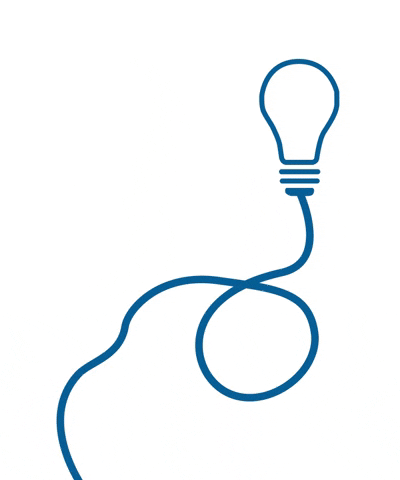
(Illustration: Giphy.com)
Business angel and entrepreneur teacher Nicolaj Højer Nielsen is currently in contact with 258 start-up businesses hungry to recruit CBS talent. With only 60 students in his class, he is now faced with the positive problem of exceptionally high demand for students. A sign-up sheet has been created for remaining CBS students who are interested in getting involved.
With campus in lockdown, and organizing career events out of reach, CBS teacher Nicolaj Højer Nielsen has taken an innovative approach and stepped into the breach as the middleman between the hungry talents of CBS and the start-up community.
Faced with a positive problem of having only 60 students in his class and 258 start-ups interested in collaborating with CBS students, he is now using a sign-up sheet to reach out to more students.
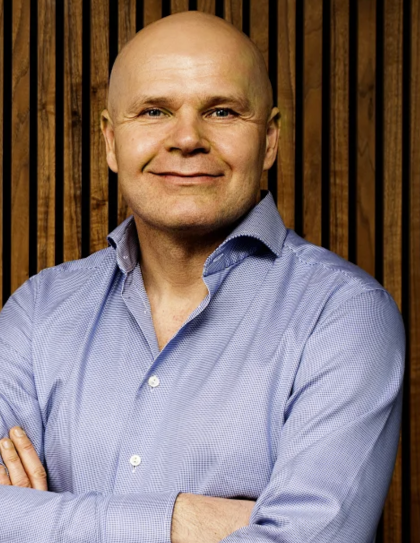
“When finding out if your idea is any good, remember to detox from most things you learn about market research at Business School,” CBS teacher Nicolaj Højer Nielsen says.
“Would you ever hire a carpenter or painter who had previously only read articles about carpentry or painting?” smiles Nicolaj Højer Nielsen.
His answer? Probably not.
His ambition to offer students hands-on experience is a main reason he is tutoring on the elective course ‘Go-to market strategies’.
“I teach at CBS to help students make informed choices about their future careers and to share what years of experience have taught me,” says Nicolaj Højer Nielsen. He explains that another reason involves the front-row opportunity to engage with new talent and future business ideas.
What makes you tick?
The entrepreneurial course ‘Go-to market strategies’ offers students insight into whether the idea of being an entrepreneur ignites their passion.
For Nicolaj Højer Nielsen, that feeling of excitement was certainly why he left his well-paid corporate job in 2007. With a business education from the 90s, he found the previous market focus was set firmly on consulting, banking and climbing the ladder of success to become CEO.
“I had always known that an entrepreneurial career path was for me, but it took some time to acknowledge that feeling,” he says. “I began by starting consulting companies and investing my time in good ideas,” he continues.
One of his first investments, made in 2007, was sold off to Intel for close to DKK 1 billion.
“Although I only received a small percentage of that money, it was enough to show me where and how I wanted to continue placing my bets in relation to my career,” he says.
Since then, his career focus has highlighted the creation of and investment in early startups. As Interim CEO of one of them, a success story called Penneo, he is also considering dabbling further with his literary career after his debut with ‘The startup funding book’.
“I could feel in my heart that this was what made me happy and excited to wake up in the morning, “says Nicolaj Højer Nielsen as he explains how working smart, instead of purely hard, is a key factor of his success.
Is working smart instead of hard underrated?
“Just because you are using your brain 80 hours a week compared to 50 hours, that doesn’t mean you can utilize a higher level or amount of brainpower,” says Nicolaj Højer Nielsen.
If you read about what happens to your brain if you don’t sleep enough, you would schedule your sleeping in the same way that you schedule a meeting with your upcoming investors
In fact, he believes that lack of sleep and failure to cater for your inner needs through acts such as meditation, often directly result in bad business decisions.
“If you read about what happens to your brain if you don’t sleep enough, you would schedule your sleeping in the same way that you schedule a meeting with your upcoming investors,” he says, smiling.
But don’t get the wrong idea.
“At the same time, it is unrealistic to believe that you will have great success without putting in the work. If you want to build the most successful company in the world, you need to understand that you are competing with 1000 others who have the exact same vision,” says Nicolaj Højer Nielsen.
You have to convince people that what you are bringing to the table will benefit them as well as being 10 times better than what already exists in the market
He shares the importance of understanding and embracing the initial heavy 2-3 year workload during the start-up phase, which from case to case, rarely seems to vary.
“When you work with innovation, you are simultaneously changing the world, and although that might sound very fluffy, it is 100% true,” Nicolaj Højer Nielsen explains and continues:
“You have to convince people that what you are bringing to the table will benefit them as well as being 10 times better than what already exists in the market.”
“The initial building period, combined with a convincing vision, is truly hard work and therefore requires work and dedication to match,” he concludes.
All about the team
According to Nicolaj Højer Nielsen, proper team effort combined with all-area specialized knowledge is a winning combination for avoiding start-up mistakes and funding shortfalls.
“I often come into contact with students who have the vision to develop businesses related to software-specialized knowledge. As CBS students are not typically surrounded with this type of specialization, I see many ideas go down the drain,” he says.
A trap he and his fellow business angels have encountered too many times.
“If you come to a business angel with a vision that lacks wholesomeness in the areas of specialization, you won’t get the money because we have all tried before and failed,” he says and continues:
“And if you are in need of funding early on, the best advice is to turn to people who trust you, such as family and friends.”
With that option seldom granted, Nicolaj Højer Nielsen encourages the students to listen to that tingly gut feeling inside and gear up smartly, ready to present their hard work to potential investors.



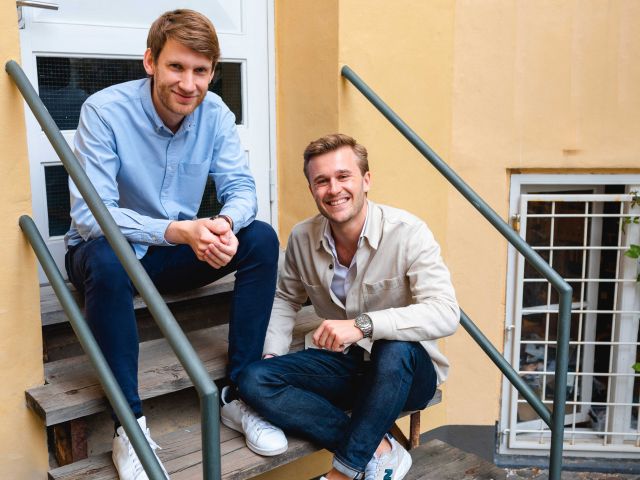

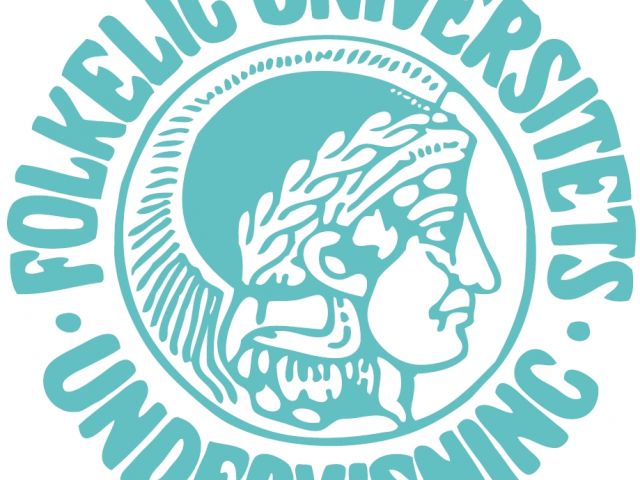

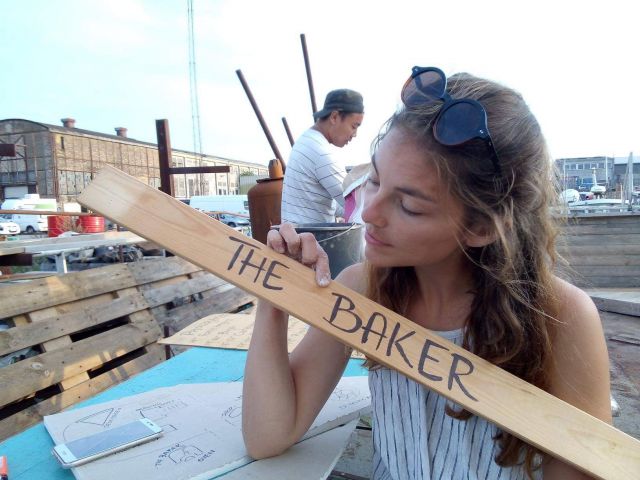

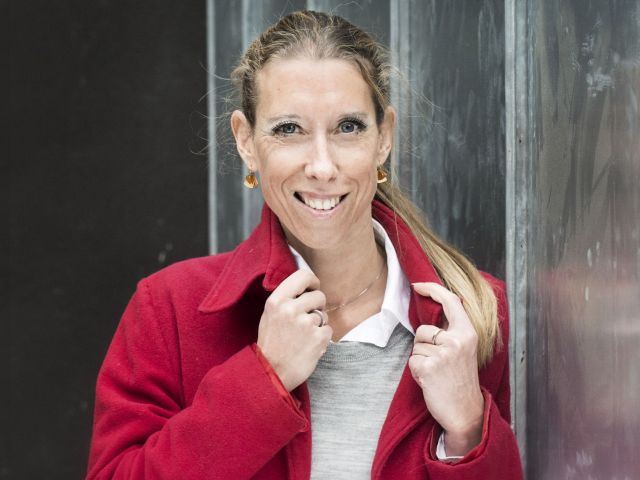




























































































































Comments